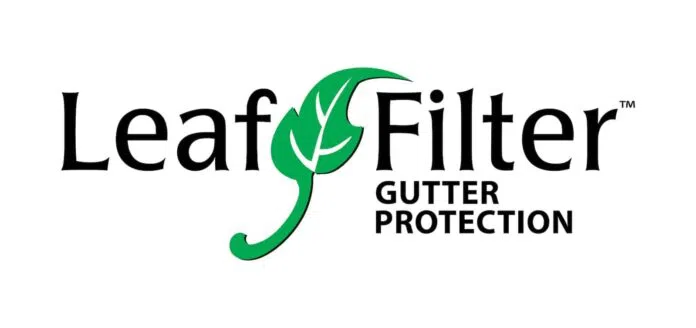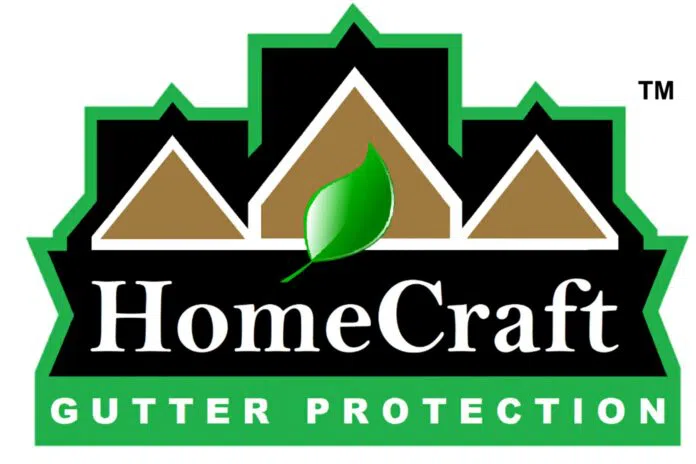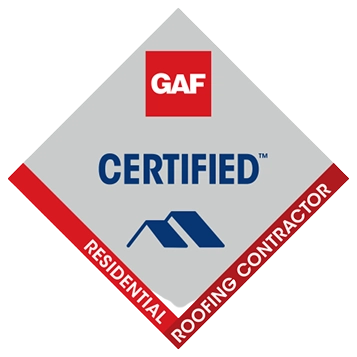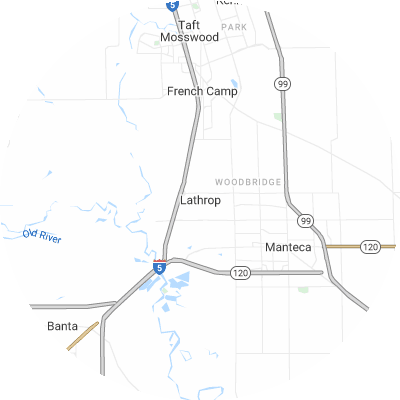Signs You May Need Gutter Guards
Gutter guards aren't always necessary, but evidence of clogged gutters is clear. Indicators of recurring gutter troubles are:
- Frequent clogs that lead to overflow and water spilling over gutters
- Mold growth, interior wall stains, or peeling exterior paint on walls near gutters.
- Visibly damaged, sagging, or misaligned gutters that no longer correctly direct rainwater
- Soggy ground or visible erosion around your house's foundation
- Leaky joints or seams where water leaks out of gutters
How To Choose a Gutter Guard Installer
Assess Their Experience
Companies with years of gutter guard installation experience that have handled various styles and models will know how to take accurate measurements and attach guards to your home’s unique dimensions. Contact these companies to get details regarding their experience and ask for local references.
Verify Proper Licensing and Insurance
When getting in touch with potential installation providers, always make sure that they are licensed, bonded, and insured with both workers compensation and general liability coverage. This protects you if any accidents or injuries happen. Ask for current licensing and insurance papers from potential providers.
Choose Reputable Brands
Seek out companies that provide leading reputable gutter guard brands such as LeafFilter and Gutter Helmet. Be wary of companies that only carry generic no-name or their own off-brand guards, as these likely do not have the same rigorous testing as reputable national brands.
Seek Custom Fit Services
For superior performance, gutter guards need to be custom-fitted to match your unique gutter setup. Choose a company that custom measures and trims guards specifically for your home, rather than using one-size-fits-all guards. Accurately fitted guards will leave no gaps for debris to get stuck.
Examine Warranties
Top gutter guard companies often offer 20-year or lifetime warranties covering clogs, leaks, rust, and other issues. When selecting a company, carefully examine the warranty details for both materials and workmanship guarantees. Warranties give you the most effective protection for your gutter investment.
Check Reviews and Referrals
Take some time to look at online reviews on Yelp, the Better Business Bureau (BBB), Google Reviews, and other review sites to see customer feedback. Ask neighbors to suggest companies that provide quality local gutter guard installation. When researching, look for providers with plenty of satisfied customers rather than just a single recommendation.
Types of Gutter Guards
The six primary types of gutter guards are as follows:
- Foam guards consist of pieces of foam that rest in your gutters to catch debris. They're lightweight and easy to install. Foam guards cost around $2.45 per linear foot.
- Brush guards are precisely what they sound like: large brush bristles that sit in your gutters and catch debris while letting water through. Brush guards cost around $4.03 per linear foot.
- Screen guards have large holes that let water flow through while stopping debris. On average, you can expect to pay $3.99 per linear foot for screen guards.
- Mesh guards have smaller holes than screen guards and similarly stop debris while letting water flow through. These guards are durable and encourage debris to slide off rather than sit on your gutters. On average, you can expect to pay $3.82 per linear foot for mesh guards.
- Micro-mesh guards are usually the most effective. Micro-mesh guards have smaller holes than regular mesh guards and let even less debris through. Micro-mesh guards cost roughly $4.93 per linear foot.
- Surface tension guards, sometimes called reverse curve guards, use surface tension to encourage debris to slide off while water flows through into the gutter. They are often visible from the ground. Surface tension guards cost roughly $2.95 per linear foot.














